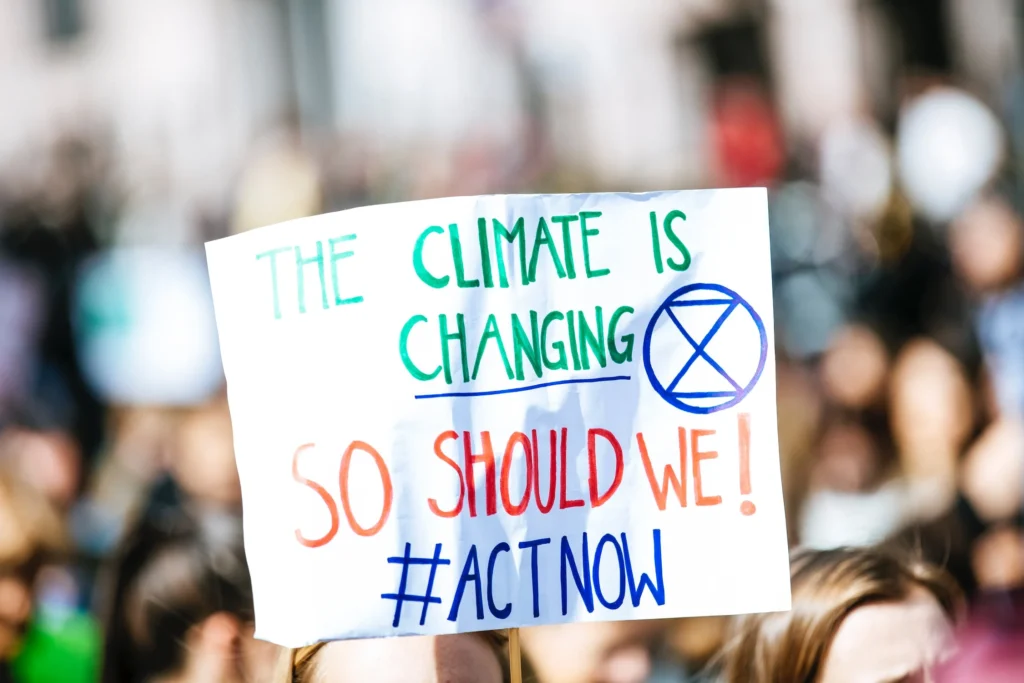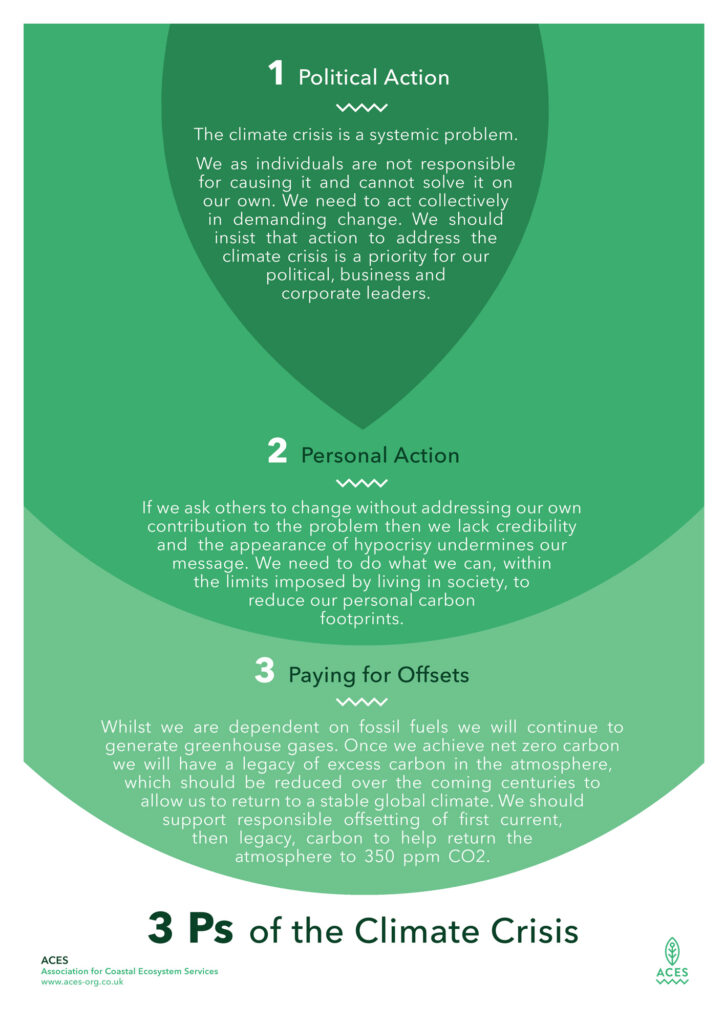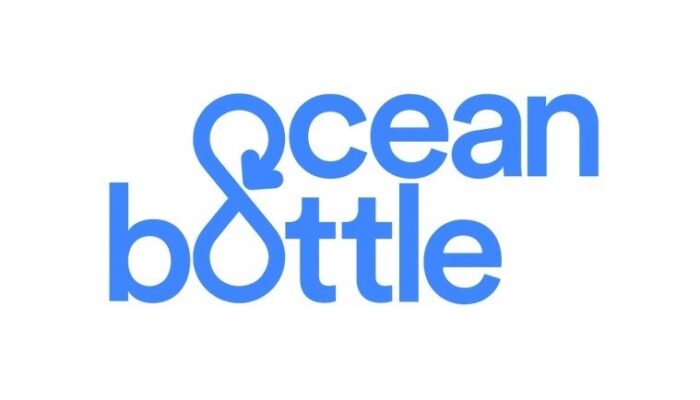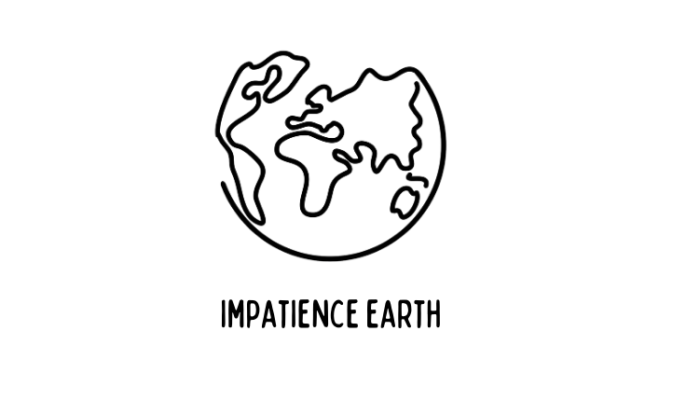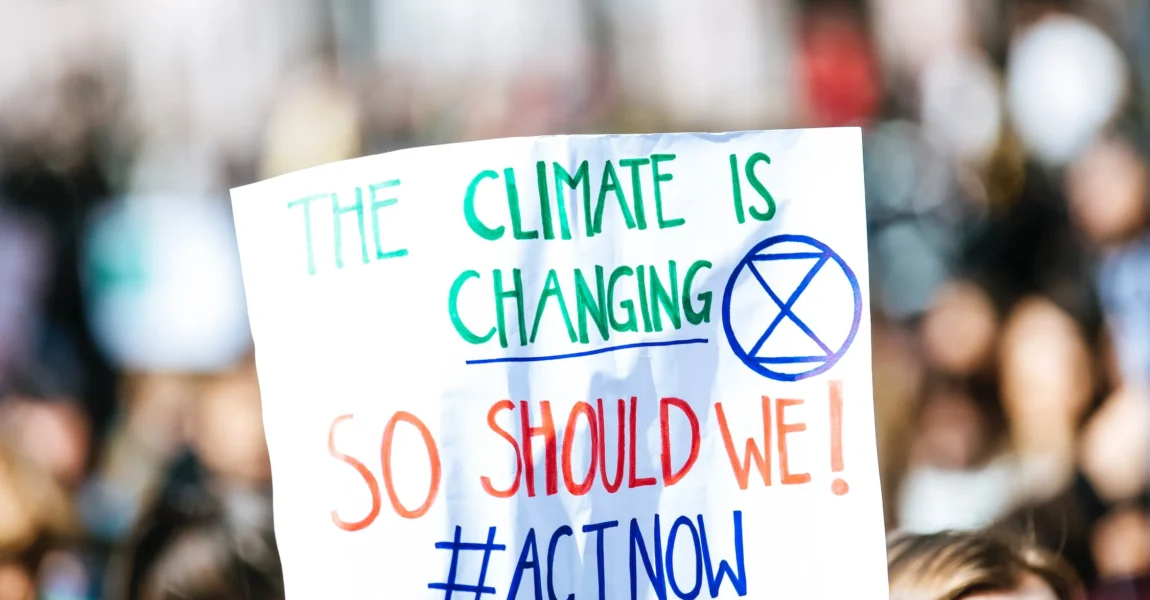
Part of 2023 blog series: Financing Blue Carbon Ethically, Responsibly, and Effectively
Pressure is growing on businesses to show their environmental credentials, and as part of that, tackle their carbon emissions. Claims of ‘carbon neutral’, ‘net zero’ and even ‘climate positive’ are being used more and more by businesses keen to play their role in tackling the climate crisis – or at least look like they are. How can we tell which have make genuine and meaningful commitments and progress, and which are simply hiding behind confusing and obscure terminology?
When a business makes claims such as ‘carbon neutral’, ‘net zero’ or similar, it’s important to know exactly what that means.
Reducing a carbon footprint can be achieved in two ways: by reducing the emissions that your activities cause (such as driving or flying less, switching to renewable energy sources, or eating less meat) or offsetting emissions by paying for activities elsewhere that either reduce emissions or sequester (absorb and trap) greenhouse gasses from the atmosphere.
These two strategies are not equal. Reducing our emissions is vital – the average carbon footprint of a Western lifestyle is unsustainably high, and systemic change is needed in order to avoid catastrophic climate breakdown. However, the transition to a low-carbon society is incomplete and reducing emissions is not always possible. Offsetting should only be used to compensate for these remaining emissions – or ‘unavoidable carbon’ – that cannot yet be reduced.
Whether a company reduces or offsets its emissions makes no difference to how their claims to carbon neutrality can be presented. Take two businesses: one of whom has transitioned to renewable heating sources on-site, swapped their fleet of petrol gars for electric vehicles and eliminated all business travel by plane or car; the other has made no changes to their business but has paid to offset their emissions. Both can make the same claims to have reduced their carbon footprint, despite the first business having invested more time and resources into achieving that reduction. This does not incentivise systemic change and can potentially mislead consumers into believing that a business is taking meaningful climate action. Offsetting has been criticised as a cheap and easy alternative to make systematic change; we strongly believe that they should not be used in this way and organisations should be transparent about how they have reached ‘net zero’ and commit to ongoing carbon reductions to reduce the need to offset.
However, the scenario above is binary – the ‘gold standard’ of doing everything possible to reduce, versus doing nothing at all and just buying offsets. The latter scenario is often used by critics of offsetting, claiming that offsets are cheap, quick and easy way to claim carbon neutrality. Unfortunately, there is nothing stopping companies from doing this – and there are certainly companies using offsets to make environmental claims whilst still contributing to climate change. However, our research has found that among our buyers, the reality is much more nuanced and that offsets are seen as one step in the path to ‘actual zero’ emissions: a necessary step for now but not a long-term strategy.
Rather than thinking of companies as ‘perfect’ or ‘evil’ when it comes to carbon reductions, it is helpful to consider more realistic scenarios. Where is the line drawn between avoidable and unavoidable emissions? For example, the upfront costs of electric cars, heat pumps, insulation and other carbon-saving strategies are expensive, and government incentives are not always available. If a company or individual chooses not to opt for these on the basis of cost – even if they are a small, low-budget business – can the emissions really be counted as avoidable? Purists may say yes – that if you can’t afford to avoid the emissions, you should stop contributing to them altogether. In reality, this is unlikely to happen. Businesses need to stay afloat, people need their livelihoods, and in many cases businesses will (have to) opt for the most cost-effective option for them. There are instances when the burden of carbon reductions is too much to expect of individuals and even businesses – it is where strong, effective policies for carbon reductions are needed.
ACES believe in the ‘3 Ps’ as the principles for tacking the climate change, in order of importance: firstly, political change is needed; secondly, personal (and corporate) carbon reductions should be made, and lastly, paying to offset should be a last solution for emissions that cannot be reduced.
It is also important to consider the value of a carbon offset. Carbon credits are generated by activities undertaken to reduce the amount of carbon entering the atmosphere or remove emissions that are already there. They can be achieved by generating renewable energy, by changing land management practices such as farming methods that result in the release of carbon dioxide, by protecting and restoring forests, and other interventions that result in a ‘carbon benefit’. The diversity of these projects means that the offsets that they generate can mean anything from the financing of a large-scale wind farm with little community benefit, to funding grassroots forest conservation with community development at its core. This diversity brings with it a range of prices – from as little as $0.20 to $50 (and more) a tonne – and the price paid by the buyer may indicate their commitment to supporting projects that go above and beyond carbon, benefitting the wider environment and local people. Read more about how not all offsets are created equal here.
There is therefore a role for offsets in broader carbon reduction strategies and claiming ‘net zero’ in itself is not greenwashing. However, consumers should be aware of what this means and what a company can disguise with that claim, and businesses should make genuine and meaningful progress to reduce their carbon emissions before offsetting. It should be recognised that their ability to do so is, however, dependent to some degree on policies and government support to incentivise and enable them to reduce their emissions – while personal and corporate reductions are important, they come secondary to policy in their role in global carbon reductions. Businesses should be transparent about their commitment to ongoing carbon reductions and wider sustainability, and how their use of offsets contributes to their carbon reduction strategy; in doing so, allowing consumers to make informed judgements on their environmental credentials.
